
By Kizito CUDJOE
Stakeholders in the oil and gas sector have called for urgent reforms to the nation’s legal, regulatory and fiscal frameworks to attract investments and reverse declining crude oil production. The call follows a two-day technical consultative workshop held in Accra.
In a communique, adopted and issued after the meeting organised by the Public Interest and Accountability Committee (PIAC) and its partners, several contributing factors were identified as leading to the decline crude oil production.
These include natural depletion of oil fields, investment challenges linked to both local fiscal constraints and global energy transition policies, as well as operational difficulties such as equipment failures and subsurface uncertainties.
The communique also pointed out inadequate collaboration between academia & industry and a lack of high-quality data as obstacles to improving production levels.
PIAC, the independent body tasked with monitoring use of petroleum revenues, noted that crude oil output had fallen consistently from 2020 to 2023 – posing a serious threat to national revenue and energy security.
It warned that if not addressed, the trend will have significant implications for public finances and sustainable management of the petroleum sector. This was notably acknowledged by stakeholders at the technical consultative meeting.
In their recommendations, stakeholders asserted the need for a more attractive investment climate. The communique stressed the importance of “a transparent and predictable framework” for licencing and regulatory compliance to build investor confidence.
It also called for enhanced public-private partnerships (PPPs) to expand infrastructure in both the upstream and downstream sectors.
Additionally, it urged government to focus on gas development by revisiting Ghana’s Gas Master Plan. It is envisaged that by maximising underutilised gas reserves, the state can enhance national energy security and diversify its revenue streams.
The communique emphasised the importance of building and deepening collaboration between industry and academia to drive research and innovation.
Furthermore, they also proposed creating a centralised, accessible database to support data-driven decision-making and enhance technical efficiency in the sector.
The recommendations included adopting advanced oil recovery techniques and technology to improve operations, particularly in mature oil fields nearing depletion. To promote long-term sustainability, stakeholders advocated integrating renewable energy sources with traditional oil and gas production.
The communique also highlighted a need for improved governance at Ghana National Petroleum Corporation (GNPC) to enable the state oil company focus on its core mandate. Regular dialogue among government, industry stakeholders and civil society was recommended to promote transparency and ensure better decision-making.
“Attention must be paid to technical considerations in decision-making – and a culture of accountability must be promoted,” the communique said, highlighting a need for reforms to sustain the upstream oil and gas industry.
The workshop was held in collaboration with the Ministry of Energy, Ghana National Petroleum Corporation (GNPC), Petroleum Commission, Ghana National Gas Limited Company, Department of Petroleum Engineering-Kwame Nkrumah University of Science and Technology (KNUST) and other relevant stakeholders.
However, PIAC warned that without swift action the country risks exacerbating revenue shortfalls in the coming years.
This latest communique follows concerns raised in PIAC’s 2023 annual report, which flagged the downward production trend as a major risk to the country’s fiscal stability and petroleum revenue management.
The post Urgent reforms needed to attract investment in crude production appeared first on The Business & Financial Times.
Read Full Story
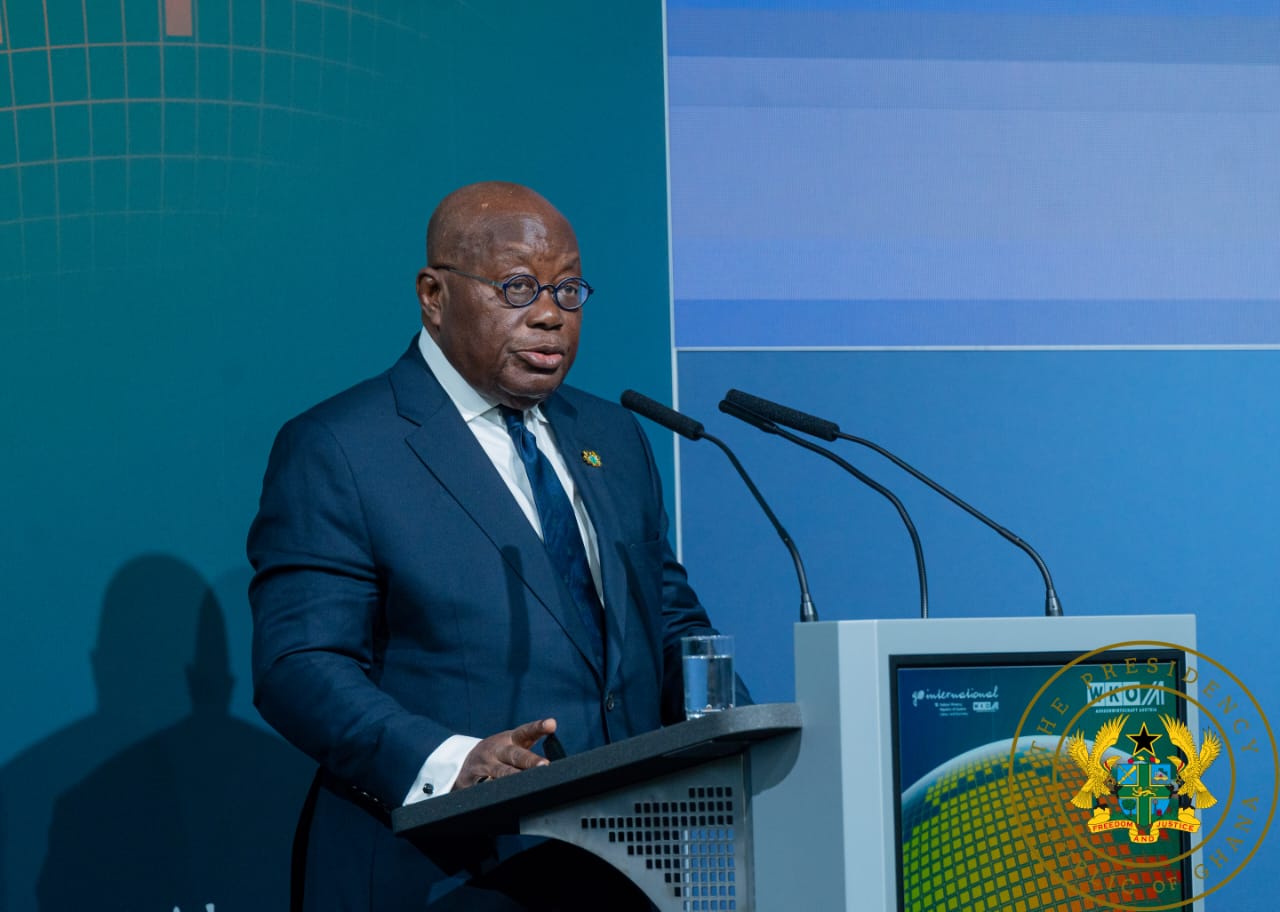
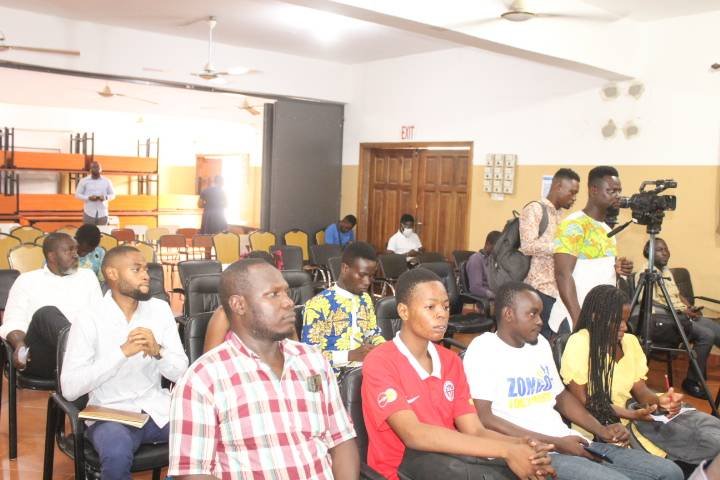

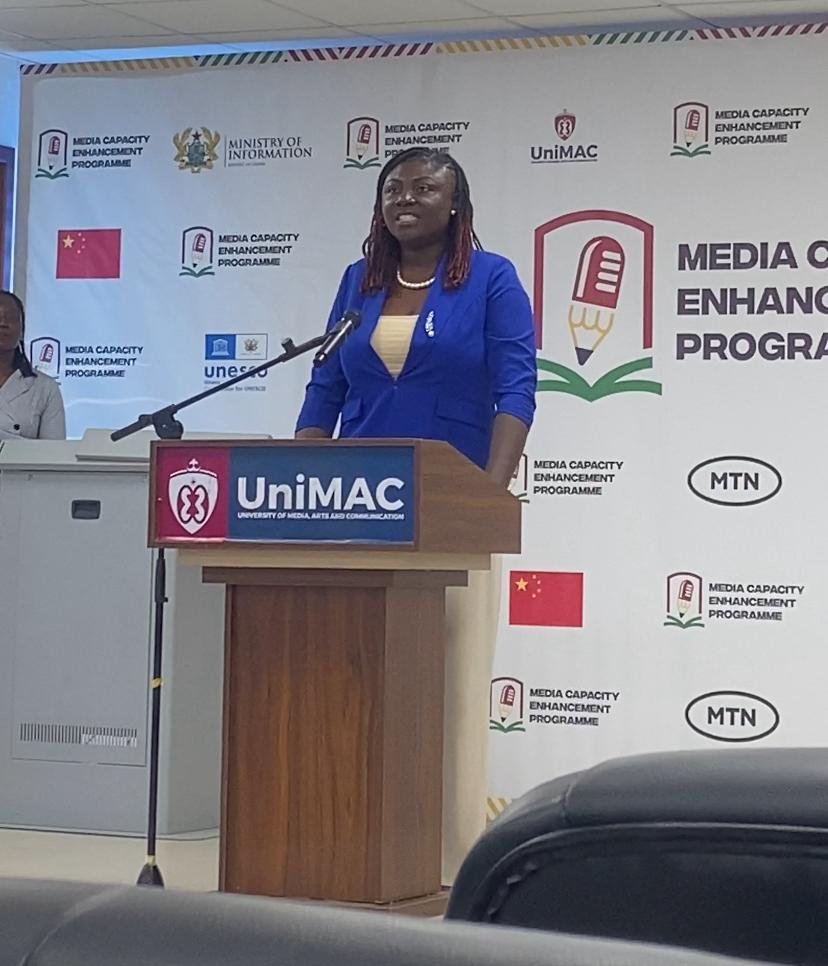
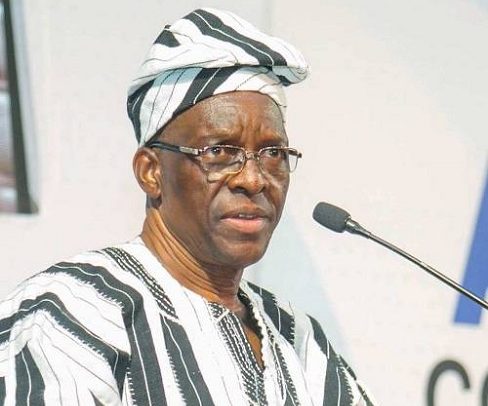
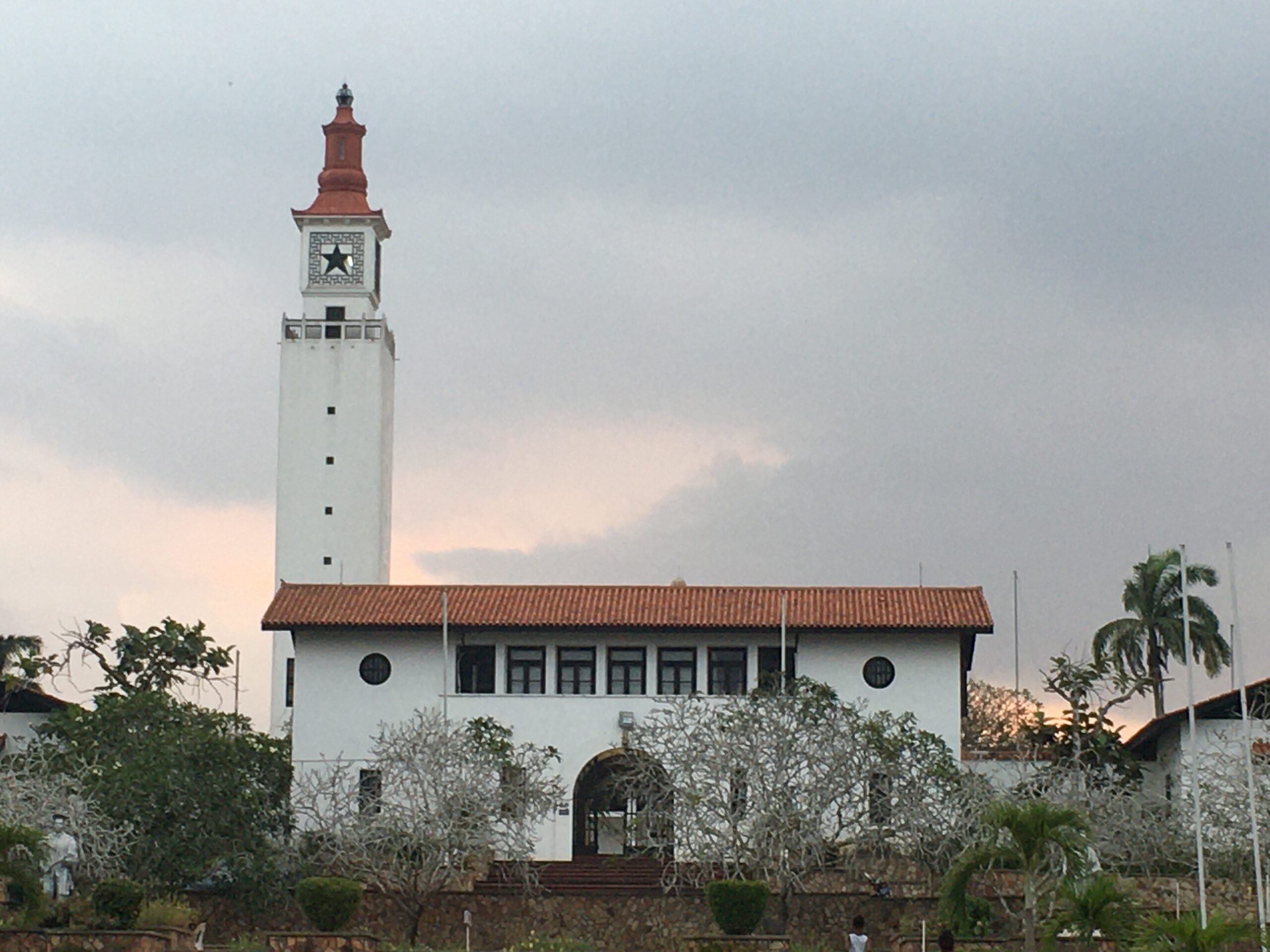
















Facebook
Twitter
Pinterest
Instagram
Google+
YouTube
LinkedIn
RSS